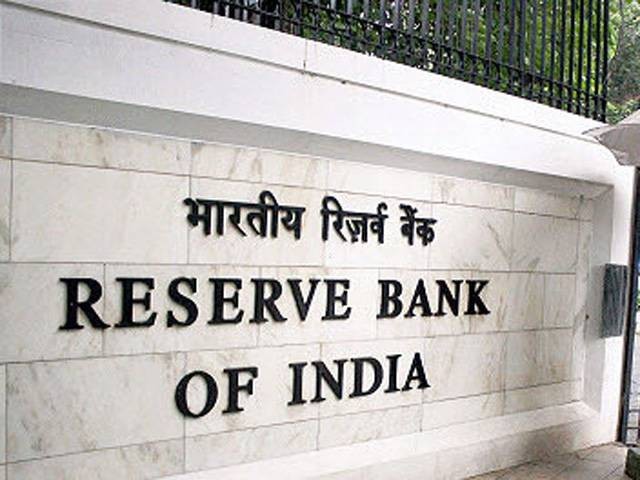
Ending months of speculation, the RBI Board which includes the Governor Shaktikanta Das Monday finally accepted the Bimal Jalan panel recommendations to transfer surplus RBI reserves to the government.
A sum of Rs 1,76,051 crore will be transferred to the Government of India including Rs 1,23,414 crore of surplus for the year 2018-19 and Rs 52,637 crore of excess provisions identified as per the revised Economic Capital Framework (ECF), RBI said in a statement.
However, it's unclear if the entire amount will be transferred at one-go or if it involves staggered payments stretching over 4-5 quarters. The issue of surplus reserves has caused much embarrassment both to the government and the central bank besides leading to several high-profile exits including RBI Governor and Deputy Governor Dr Urjit Patel and Viral Acharya, while finance secretary Subhash Garg was moved to the power ministry.
The revised framework allows RBI’s economic capital levels to be between 20 and 24.5 per cent of the balance sheet. As on June 2019, since it stood at 23.3 per cent, the board decided to transfer FY19's entire net income of Rs 1,23,414 crore (including Rs 28,000 crore already paid as interim dividend) to the government.
The committee also recommended that the available realized equity should be 5.5 per cent of the balance sheet, while RBI's stood at 6.8 per cent. Since there was excess of risk provisioning to the extent of Rs 11,608 crore at the upper bound and Rs 52,637 crore at the lower bound. the board decided to write back Rs 52,637 crore excess risk provisions in order to maintain the realized equity level at 5.5 per cent. This excess of Rs 52,637 crore will also be transferred to the government.
The Central Board, which met Monday in Mumbai, also approved the committee recommendations of a surplus distribution policy targeting the level of realized equity to be maintained by the RBI within the overall level of its economic capital as against the earlier policy, which targeted total economic capital level. "Only if realized equity is above its requirement, will the entire net income be transferable to the Government.
If it is below the lower bound of requirement, risk provisioning will be made to the extent necessary and only the residual net income (if any) transferred to the Government.
Within the range of CRB, i.e., 6.5 to 5.5 per cent of the balance sheet, the Central Board will decide on the level of risk provisioning," it noted.


.jpeg)

